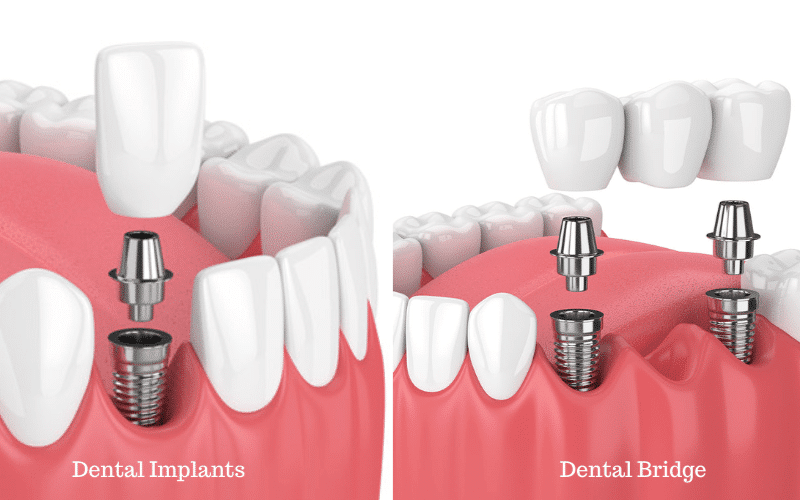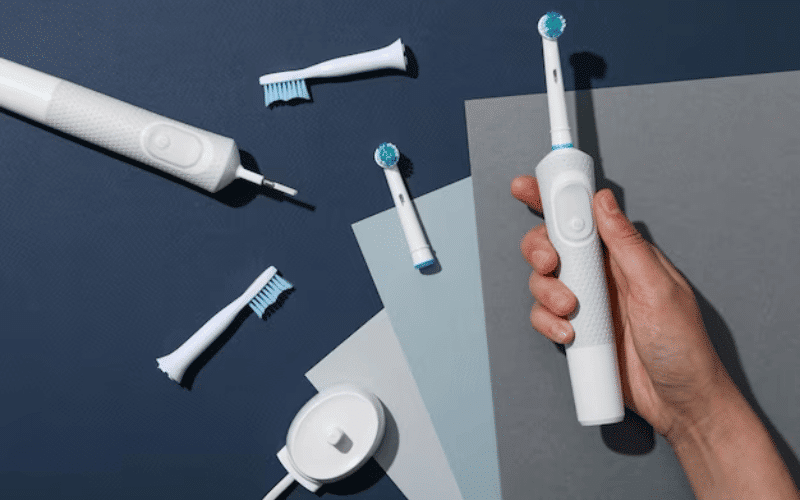
5 Essential Tips For Post-Op Oral Surgery
If you’re one of the millions of people who undergo oral surgery every year, then you know that recovery time can be a real drag. But what if we told you that there are simple steps you can take to speed up your healing process? In this post, we’ll share five essential tips for post-op oral surgery care that will have you feeling better in no time. From managing pain to eating the right foods, we’ve got everything covered so you can focus on getting back to your daily routine as quickly and comfortably as possible. Let’s get started!
Overview of Post-Op Oral Surgery Care
After oral surgery, it is essential to take care of your mouth and teeth properly to promote healing and avoid infection. Here are some tips for post-op care:
1. Keep the surgical area clean. Gently brush your teeth and tongue with a soft toothbrush. Avoid using commercial mouthwashes, as they can irritate the surgical site. Instead, rinse with warm salt water (1/2 teaspoon of salt in 8 ounces of water).
2. Eat soft foods. Avoid hard, crunchy, or sticky foods that might irritate the surgical site or cause bleeding. Stick to soft foods like mashed potatoes, soup, yogurt, and pudding for the first few days after surgery.
3. Take pain medication as prescribed by your oral surgeon. This will help you stay comfortable and speed up the healing process. Be sure to follow the directions on the label and only take the recommended dosage.
4. Apply ice to the outside of your face for 20 minutes at a time to reduce swelling. Do this several times a day for the first few days after surgery.
5. Sleep with your head elevated on pillows to keep swelling down. Try to sleep on your back if possible; if you must sleep on your side, use extra pillows to keep your head elevated above your heart level.
Tip 1: Follow Your Doctor’s Instructions Carefully
When you have oral surgery, it’s important to follow your doctor’s instructions carefully in order to speed up your recovery time. Here are some essential tips for post-op care:
1. Follow your doctor’s instructions carefully. This includes taking any prescribed medications and avoiding smoking and drinking alcohol.
2. Eat soft, bland foods and avoid hot liquids or spicy foods that could irritate your surgical site.
3. Apply ice to your face for 20 minutes at a time, several times a day, to reduce swelling.
4. Keep your head elevated while you sleep to reduce swelling.
5. Rinse your mouth with warm salt water several times a day to help keep the surgical site clean and free of infection.
Tip 2: Ease Pain and Swelling with Cold Compresses
If you’re experiencing pain and swelling after your oral surgery, cold compresses can help. Apply a cold compress to the outside of your face for 20 minutes at a time, every few hours. You can also use a frozen bag of peas wrapped in a towel. Just be sure not to put the compress directly on your skin, as this can cause an ice burn.
Tip 3: Take Prescribed Medication as Directed
If your oral surgeon prescribes medication for you to take after your surgery, be sure to take it as directed. It is important to follow your oral surgeon’s instructions for taking medications, as they are designed to help reduce pain and speed up the healing process. If you have any questions about your medication, be sure to ask your oral surgeon or pharmacist before taking it.
Tip 4: Eat Soft Foods, Avoid Hard Foods
After oral surgery, it’s important to eat soft foods and avoid hard foods. Hard foods can irritate your incisions and prolong recovery time. Soft foods, on the other hand, are easy to eat and won’t put unnecessary strain on your healing mouth.
Some good soft food options include:
-mashed potatoes
-yogurt
-soup
-pudding
-eggs
-rice
Tip 5: Take Time to Rest and Relax
After your oral surgery, it’s important to take some time to rest and relax. This will help your body to heal and recover more quickly. Here are some tips for how to do this:
1. Take it easy for the first few days after your surgery. Avoid strenuous activity and give yourself time to rest.
2. Drink plenty of fluids and eat healthy foods to help your body recover.
3. Use ice packs or heat packs on your face as directed by your surgeon to help with swelling and pain relief.
4. Keep your mouth clean by brushing your teeth gently and using a salt water rinse as directed by your surgeon.
5. Take any pain medication as prescribed by your surgeon to help with discomfort.
By following these tips, you can help speed up your recovery time after oral surgery.

Conclusion
Post-operative care following oral surgery is essential in order to ensure a speedy recovery. Taking good care of your mouth and teeth following surgery will help reduce the risk of infection or other complications, as well as speed up the healing process. Following these five tips can make all the difference when it comes to post-op oral surgery care and recovering quickly: hydrate often, practices gentle brushing, try saltwater rinses, avoid hard foods and smoking, and get plenty of rest. With proper post-operative care, you should be able to return to your normal routine in no time!
Are if Looking for affordable and top-notch oral surgery treatment in Phoenix? Visit the best dentist in Glendale with the right expertise in restoring your teeth, smile, and confidence through dental implant treatment.
How long does it take for oral surgery to heal?
The healing process after oral surgery varies for each individual, but generally speaking, it takes about two weeks for the mouth to heal completely. However, you may experience some soreness and discomfort for a few days after your procedure.
What can I eat after oral surgery?
It is important to stick to soft foods immediately following your surgery. This means avoiding hard, crunchy, or chewy foods that could irritate your surgical site. Gradually introduce solid foods back into your diet as your mouth begins to feel better.
How do I care for my teeth after oral surgery?
Good oral hygiene is essential for preventing infection and promoting healing after oral surgery. Be sure to brush and floss your teeth carefully, and avoid using any tobacco products, which can delay healing. If you have any questions or concerns about caring for your teeth, be sure to ask your dentist or oral surgeon.





